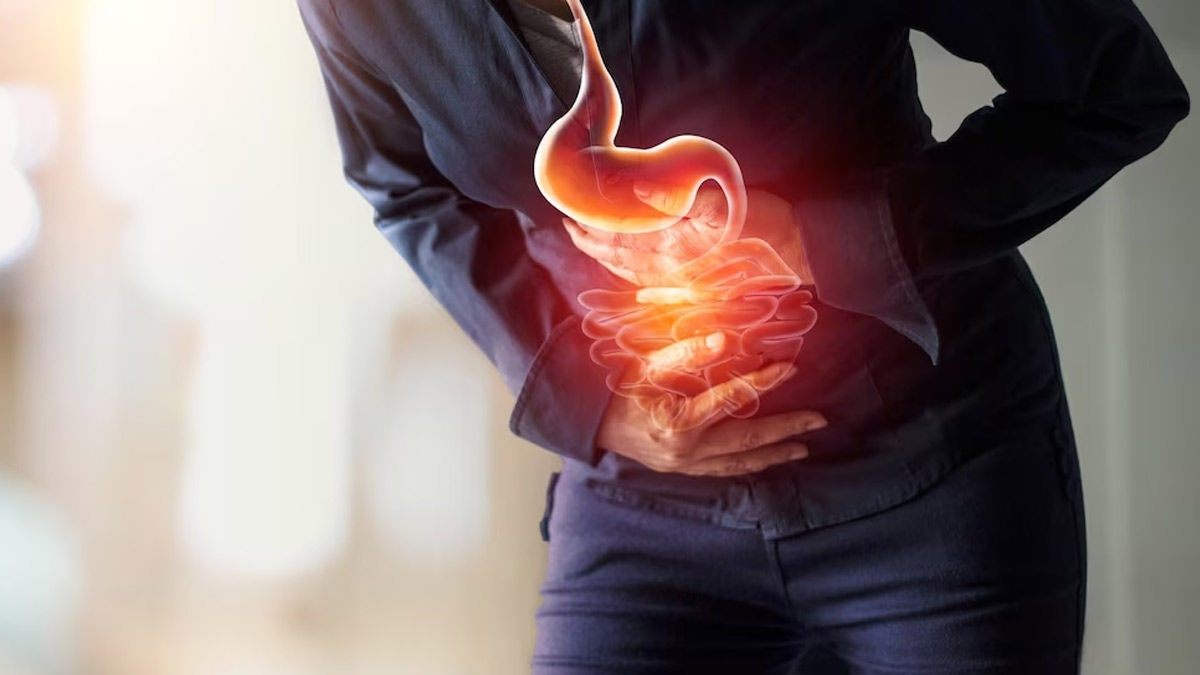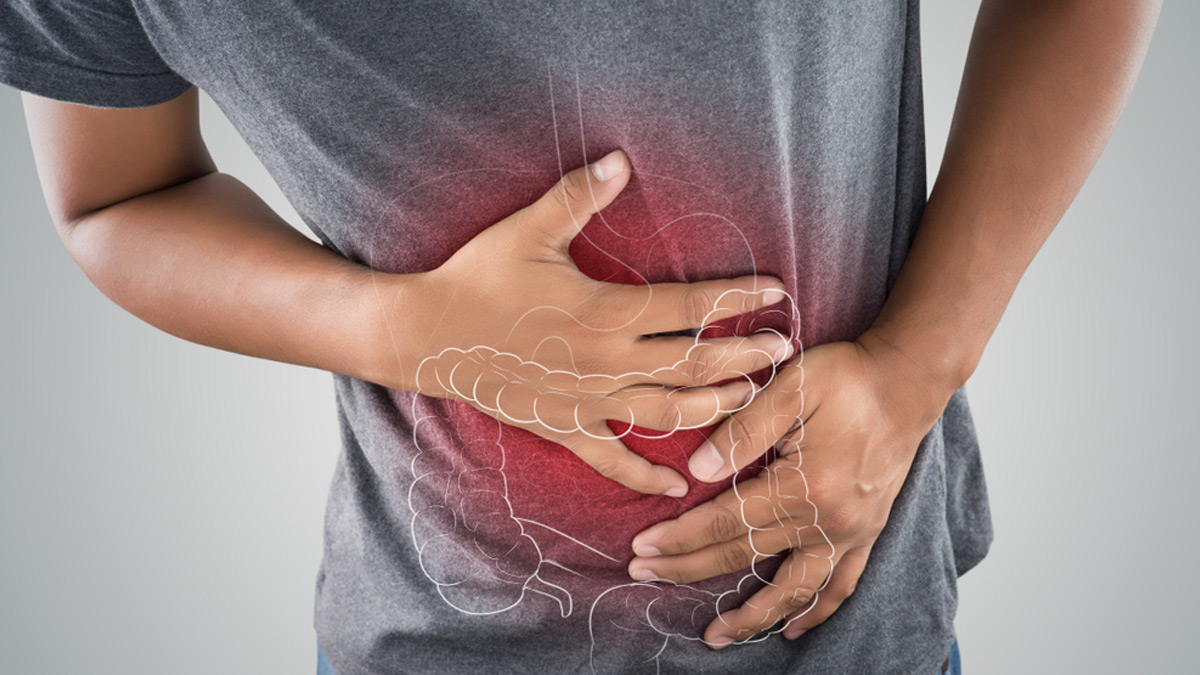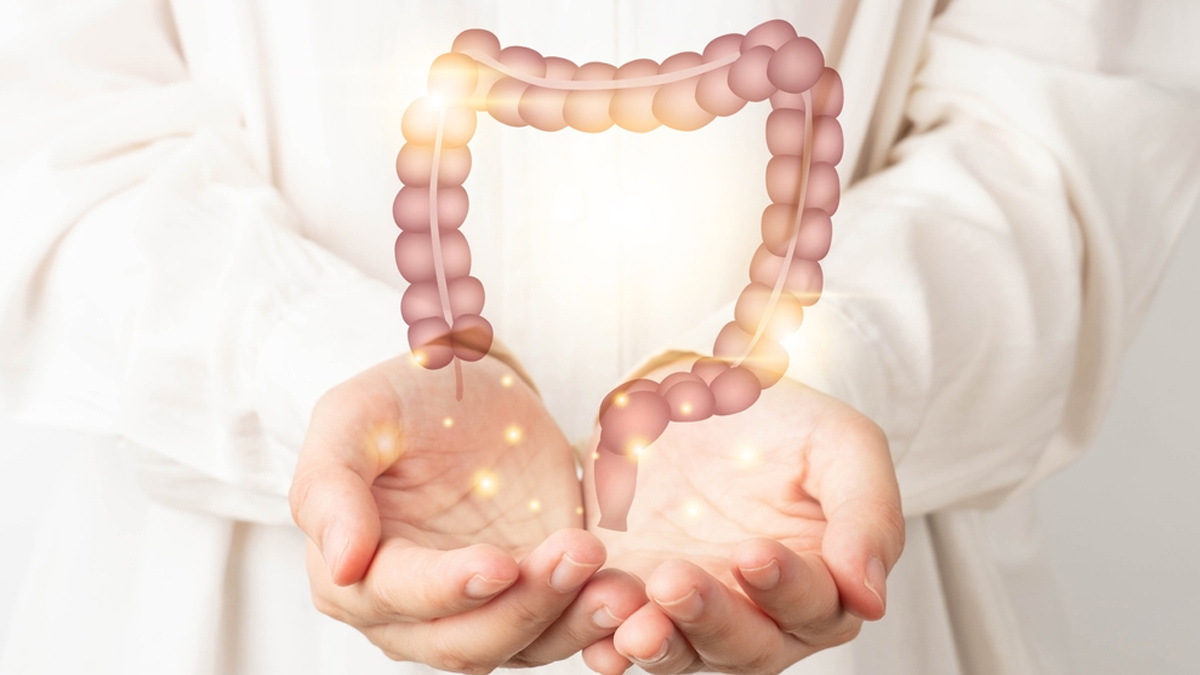
An abdominal pain or an episode of diarrhoea may seem harmless, but they shouldn't always be dismissed. While most stomach-related issues in healthy individuals resolve on their own or with medications, the ones that are persistent or recur should not be overlooked as they could signal a more serious condition like Inflammatory Bowel Disease (IBD).
Table of Content:-
Speaking with the OnlyMyHealth team, Dr Pavan Dhoble, Junior Consultant, Gastroenterology, PD Hinduja Hospital, and MRC Mahim, describes IBD as a chronic inflammatory condition of the gastrointestinal tract, encompassing two main forms: Crohn's disease and ulcerative colitis. Usually, an endoscopic evaluation, imaging studies, and histological examination help clinically diagnose IBD.
However, a new study suggests that there may be a significant gap between the onset of symptoms and a confirmed diagnosis through tests like endoscopy and biopsy.
About The Study

The study published in the journal PLOS Medicine looked at the long-term health of people who had a normal endoscopic biopsy during a gastrointestinal (GI) exam. A biopsy involves taking tissue or cell samples from the body to be tested in a laboratory for abnormalities.
Researchers followed people in Sweden for up to 30 years after their normal biopsy and found that there may be a "substantial symptomatic period before IBD diagnosis," which means that some people may experience IBD symptoms years before a definitive diagnosis through tests like biopsies.
The study also noted that those who show IBD-like symptoms but receive a normal endoscopy still have an increased risk of IBD over the next 30 years.
Jiangwei Sun, PhD, a postdoctoral researcher in the Department of Medical Epidemiology and Biostatistics at the Karolinska Institutet in Sweden and lead author of the study, says to Health, "Clinicians should be aware that patients with GI symptoms that require an endoscopy are at an increased risk for IBD in the future, even if their endoscopies have been normal.”
Symptoms Of IBD

According to Dr Dhoble (who was not a part of the study), with a rising incidence of IBD globally, the condition presents significant challenges to healthcare systems and individuals alike.
"Early recognition of symptoms, prompt diagnosis, and comprehensive management are crucial in optimising outcomes and improving the quality of life for those affected by this complex condition," he adds.
Some of the common symptoms include:
- Persistent abdominal pain, often located in the lower abdomen
- Diarrhoea
- Blood in stools
- Persistent fatigue and weakness
- Low-grade fever, especially during disease flare-ups
- Inflammatory arthritis, characterised by joint pain, stiffness, and swelling
- Rashes, ulcers, or lesions
- Iron deficiency anaemia due to chronic bleeding and malabsorption of nutrients
Also Read: 7 Myths About Inflammatory Bowel Disease Debunked, Know Real Facts
Treatment Options

Diagnosing IBD requires a multi-step approach, according to Dr Dhoble.
Doctors will first discuss your medical history and symptoms, followed by a physical exam to check for inflammation or tenderness.
Various tests may be recommended, including colonoscopy or sigmoidoscopy for a direct view inside your colon, imaging techniques like CT scans or MRIs to see your entire digestive tract, and blood tests to check for inflammation markers, anaemia, and other factors.
The primary course of IBD treatment involves medication. This includes anti-inflammatory drugs like corticosteroids and aminosalicylates. Doctors may also use immunomodulators or biologic therapies to target the immune system and quiet inflammation. Antibiotics can address bacterial issues, while other medications manage symptoms like diarrhoea and pain.
In cases of severe disease or complications such as strictures, fistulas, or severe bleeding, surgical intervention may be necessary to remove diseased portions of the intestine or alleviate obstruction, Dr Dhoble concludes.
Also watch this video
How we keep this article up to date:
We work with experts and keep a close eye on the latest in health and wellness. Whenever there is a new research or helpful information, we update our articles with accurate and useful advice.
Current Version
